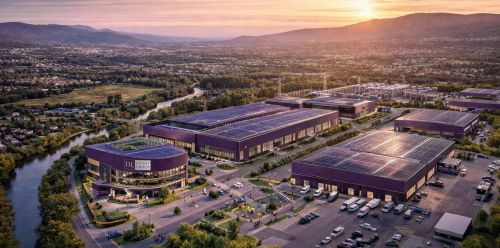These are the issues that were discussed at the ?CEE Logistics and Warehouse Conference' on October 24th at Warsaw's InterContinental hotel. For the first time the conference had a so-called "expert's lodge" that listened to the panel discussions and made comments. The expert lodge included Renata Osiecka (Axi Immo), Krzysztof Kienorow, (Colliers International), Tom Listowski (Cushman & Wakefield), Patrick Kurowski (CBRE Polska) and Sean Doyle (CBRE Polska). The conference was led by Ewa Andrzejewska, the editor-in-chief of ?Eurobuild CEE'.The first topic was the continuing decrease in the ready supply of warehouse space. Tomasz Olszewski of Jones Lang LaSalle, who was moderating the discussion, pointed out that this was the result of increasing demand in some regions. "Vacant space is slowly starting to run out in Silesia," said Rafał Tarasewicz of DB Schenker. Meanwhile, Maciej Walenda of Raben Polska talked about competition between developers and logistic operators. "I cannot see




























































